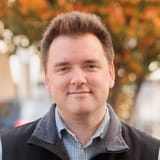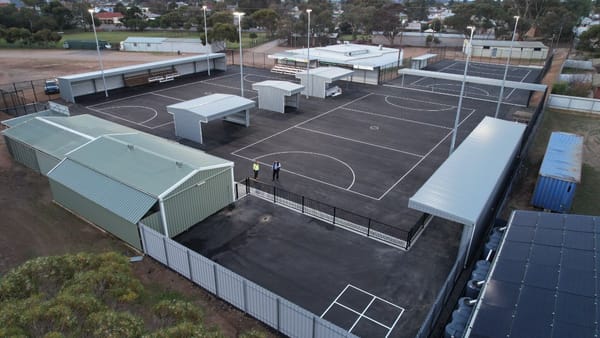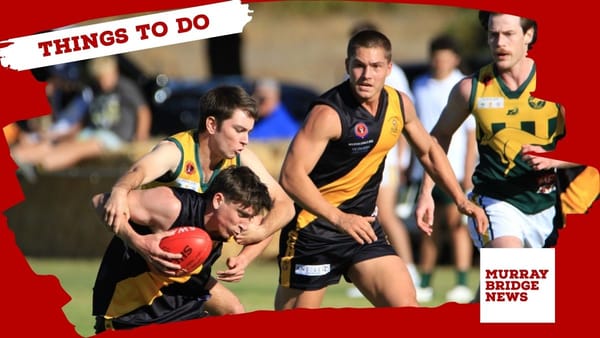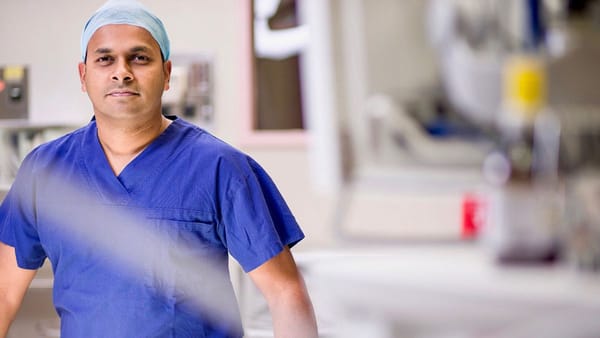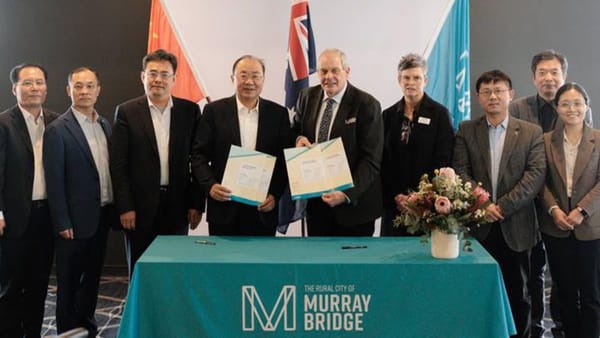Trainer Michael Hickmott becomes Murray Bridge's first metro premiership winner
Meet the man who personifies Murray Bridge's rise as a centre for horse racing in South Australia.

This story was originally published behind Murray Bridge News’ paywall. Paywalled stories are unlocked four weeks after publication. Can’t wait that long? Subscribe here.

Calling 2020-21 a big year for horse trainer Michael Hickmott would be an understatement.
He fulfilled a childhood dream by purchasing Lakewood Stud, a sprawling property on the edge of Lake Alexandrina.
He and his wife, Jade, welcomed their daughter Ella into the world.
He also won the South Australian metropolitan trainers’ premiership with 40 race wins for the season, joining industry greats such as Bart Cummings, Darren Hayes and Leon MacDonald – and becoming the first Murray Bridge-based trainer to do so.
“I went from relief to a little bit of disbelief,” he said of his reaction to the win, earlier this month.
“It’s a very prestigious honour roll.
“To be the first person to do it from Murray Bridge – we’ve had such great trainers based out of Murray Bridge for 30 or 40 years – is a huge thrill.”

Horses have always been a part of Hickmott’s life.
His father John has spent more than 50 years training them, including the last 31 in Murray Bridge.
His older brother Robert is a two-time Melbourne Cup-winning trainer, too.
It was only natural, then, that he got into the family trade at a young age, training his first Darwin Cup winner at 18 while working in real estate on the side.
Every race win up in the territory, and every horse he sold to new owners in Hong Kong, brought him closer to his ultimate dream: a return to SA and ownership of a property like Lakewood.
“This is a property I grew up and looked at as a child, a property I loved,” he said.
“It’s close to Gifford Hill, which I think is going to be an integral part of racing in South Australia going forward.
“It’s already established, and whilst it was a little bit run down ... we’re on the water and we’ve got access to a water licence and irrigation, which I think is of huge benefit.
“I had no ambition to be in the city or live at Morphettville.”
Stage 1 complete at Lakewood and nearly ready for Spring Grazing.
— Michael Hickmott (@mhbloodstock) 10:02 AM ∙ Aug 12, 2021
We are currently half way through stage 2 of another 18 large @HorserailAus spelling paddocks.
Step by step bringing this beautiful property back to it’s former glory once again.
His success has coincided with Murray Bridge Racing Club’s rise as a racing hub for South Australia.
As Hickmott said, anyone who had suggested moving a Saturday race meeting to the old Murray Bridge track “would have (been) laughed out of the town”; but the new track at Gifford Hill has already become home to the likes of the $500,000 Magic Millions.
Hickmott plans to put his money where his mouth is, too, and occupy between 30 and 50 stalls in a new stables to be built there, making it a second training base.
He already has about 60 horses at Lakewood, room for as many more, his own sand and grass tracks, and about a dozen support staff.
Notable among them is jockey Jess Eaton, who finished second in the SA metropolitan jockeys’ premiership after tying winner Todd Panell with 63 wins for the season.
Hickmott’s name might be the one at the top of the leaderboard, he said, but everyone in his stable deserved credit.
“Whether you’re a foreman or a stablehand, everyone plays his part,” he said.
“I’m lucky to have formed a really good crew around me.”

If you’re looking to congratulate metro SA’s premier trainer, you never know where you might find him: in his work clothes at Wellington, shaking hands trackside at Morphettville, or somewhere in between.
Such is life in a profession which has one foot on the farm and the other in high society, even as syndicates make the so-called sport of kings accessible to anyone who dreams of part-owning a winner for the cost of a cup of coffee a day.
“A trainer has to wear many hats, especially in this day and age,” he said.
“Not only are we there to program the fitness schedule of the horses ... it’s also about PR with your clients, selling shares, working on getting new horses into the stable.
“It’s a pretty full-on job, but I like it because – as cliched as it sounds – you’re doing different stuff every day.”

